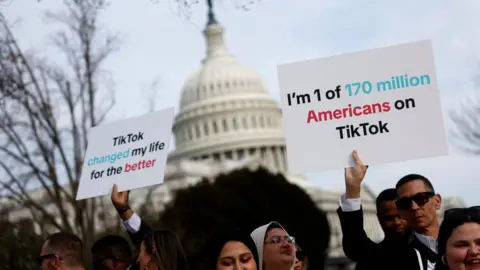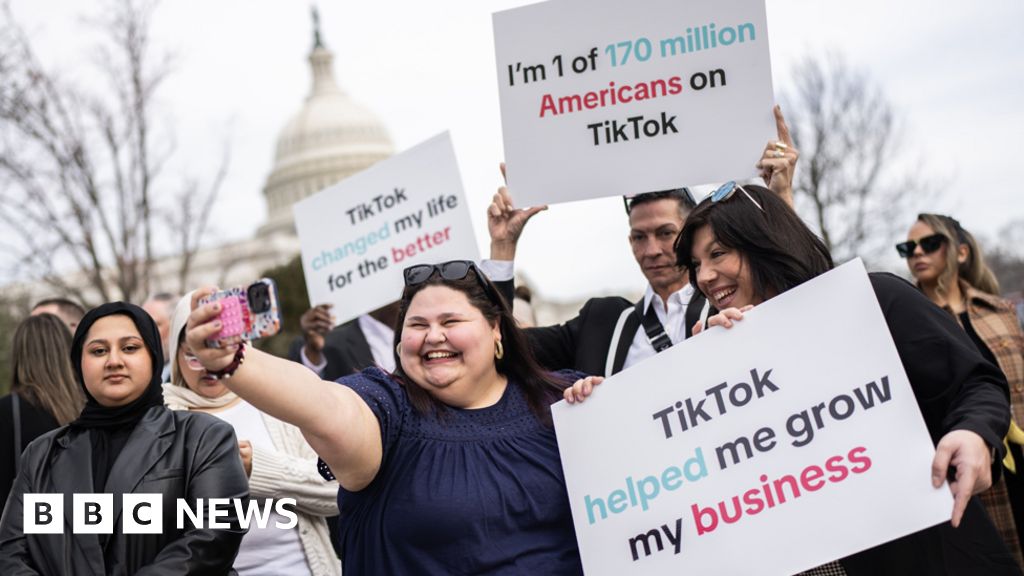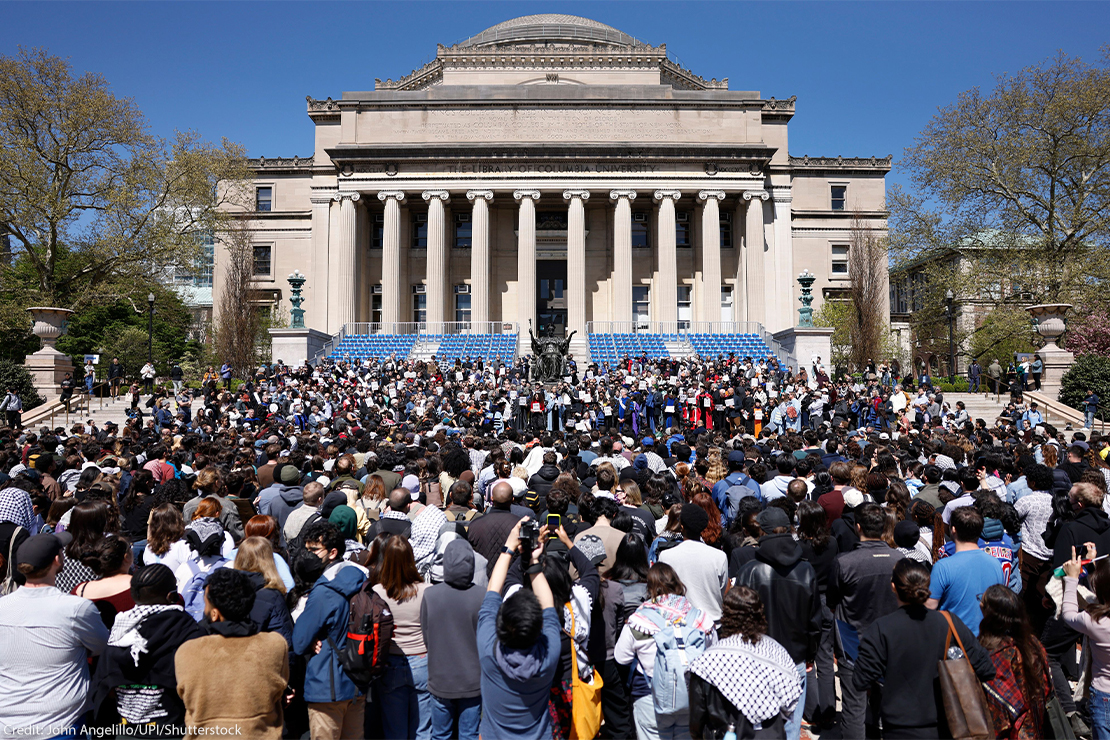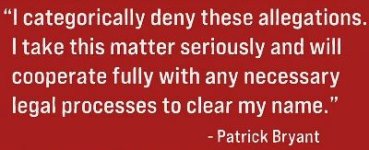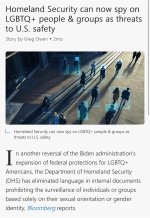Former President Donald J. Trump is widely suspected of, and perhaps soon to be proved guilty of being party to insurrection.
Even if Trump is tried and convicted, there are still legal questions. The Constitution says:
This issue is reviewed here:

 www.pbs.org
www.pbs.org
And from the same link:
Former Attorney General Michael Mukasey argued in The Wall Street Journal, he said: "If Mr. Trump is to be kept from office, it'll have to be done the old-fashioned way, the way it was done in 2020, by defeating him in an election."
Georgia's secretary of state, Brad Raffensperger, also said that: "For a secretary of state to remove a candidate would only reinforce the grievances of those who see the system as rigged and corrupt."
It may be counter-intuitive:
allowing Republican ballot access to Trump win or lose would disqualify the Republican in that election. Ceding victory to the Democrats? Therefore to give Republicans greatest advantage over Democrats, Trump must not appear on the ballot.
Some of this post is over-simplified for brevity. But let us be clear, this is a consequential test of the United States Constitution. And the supreme court that may ultimately decide this is dominated by Republicans, Republicans that voted to usurp a woman's right of choice, thereby prioritizing Republican party preference over fundamental Constitutional / human rights.
Even if Trump is tried and convicted, there are still legal questions. The Constitution says:
The Constitution does not specify whether such disqualification applies merely to holding the office, or whether it also applies to ballot access.ARTICLE #14: Ratified July 9, 1868
SECTION 3. No person shall be a Senator or Representative in Congress, or elector of President and Vice President, or hold any office, civil or military, under the United States, or under any State, who, having previously taken an oath, as a member of Congress, or as an officer of the United States, or as a member of any State legislature, or as an executive or judicial officer of any State, to support the Constitution of the United States, shall have engaged in insurrection or rebellion against the same, or given aid or comfort to the enemies thereof. ... United States Constitution
This issue is reviewed here:

Colorado's secretary of state discusses effort to keep Trump off the primary ballot
A complex legal theory will soon be tested after a group of Colorado voters asked courts to block former President Trump from the primary ballot. The claim argues Trump violated the 14th Amendment, which says anyone engaged in insurrection or rebellion is ineligible to hold office. Amna Nawaz...
And from the same link:
Former Attorney General Michael Mukasey argued in The Wall Street Journal, he said: "If Mr. Trump is to be kept from office, it'll have to be done the old-fashioned way, the way it was done in 2020, by defeating him in an election."
Georgia's secretary of state, Brad Raffensperger, also said that: "For a secretary of state to remove a candidate would only reinforce the grievances of those who see the system as rigged and corrupt."
It may be counter-intuitive:
allowing Republican ballot access to Trump win or lose would disqualify the Republican in that election. Ceding victory to the Democrats? Therefore to give Republicans greatest advantage over Democrats, Trump must not appear on the ballot.
Some of this post is over-simplified for brevity. But let us be clear, this is a consequential test of the United States Constitution. And the supreme court that may ultimately decide this is dominated by Republicans, Republicans that voted to usurp a woman's right of choice, thereby prioritizing Republican party preference over fundamental Constitutional / human rights.

